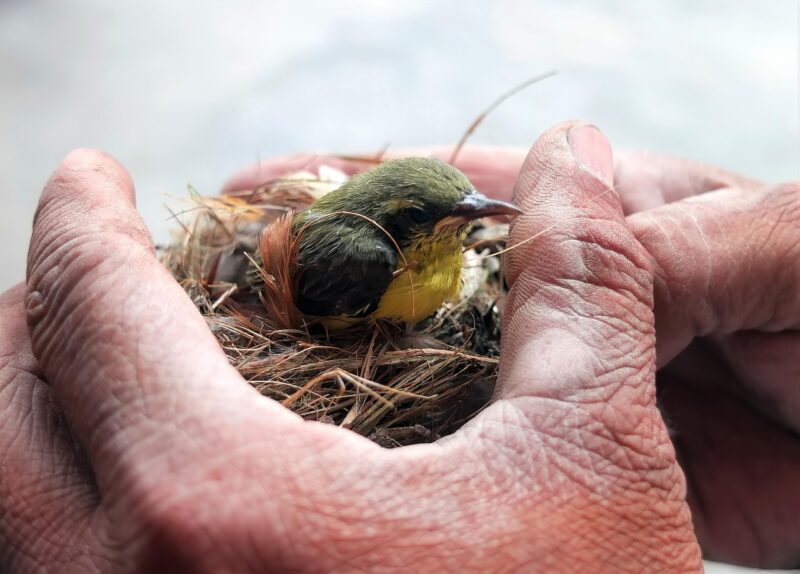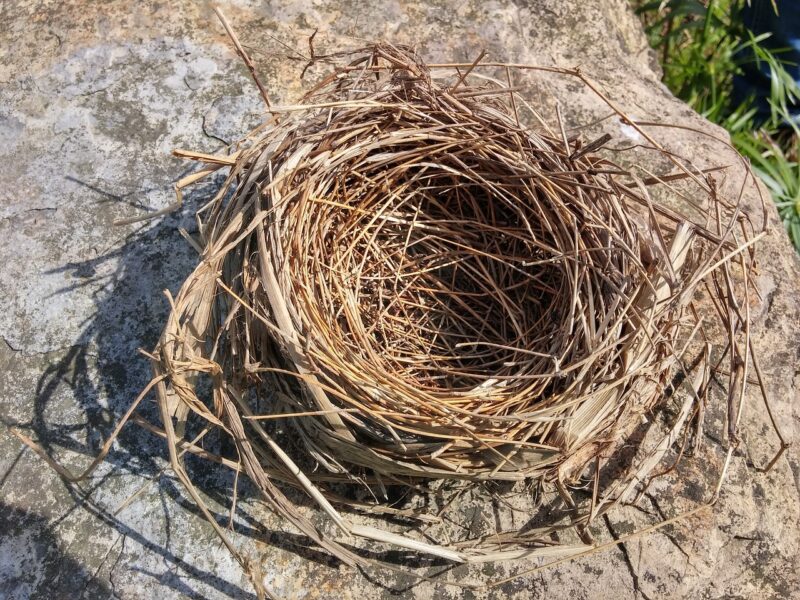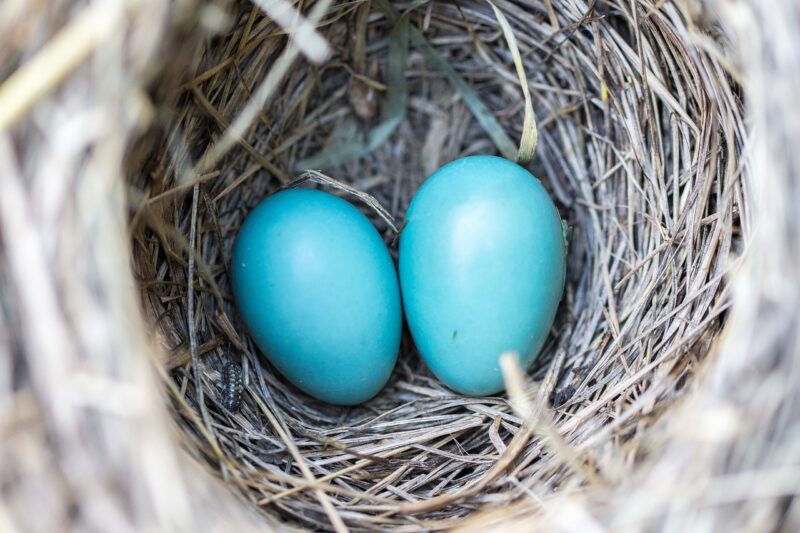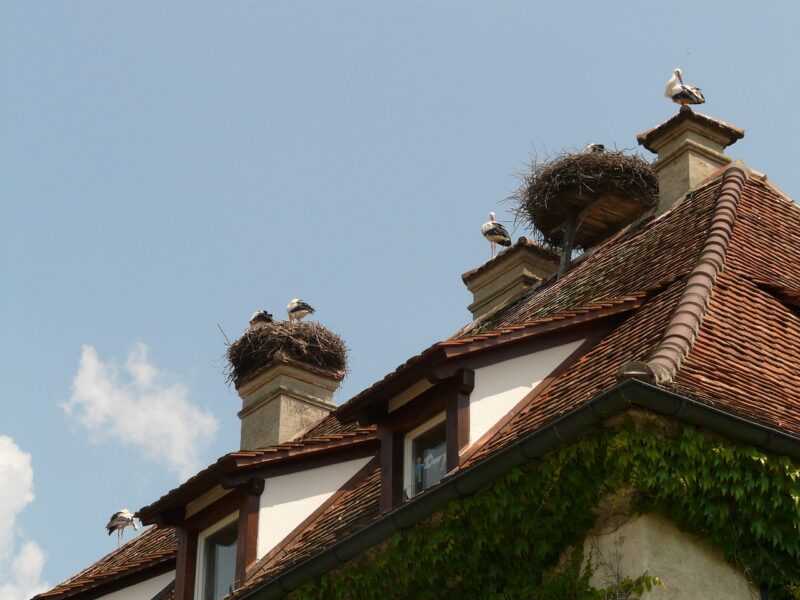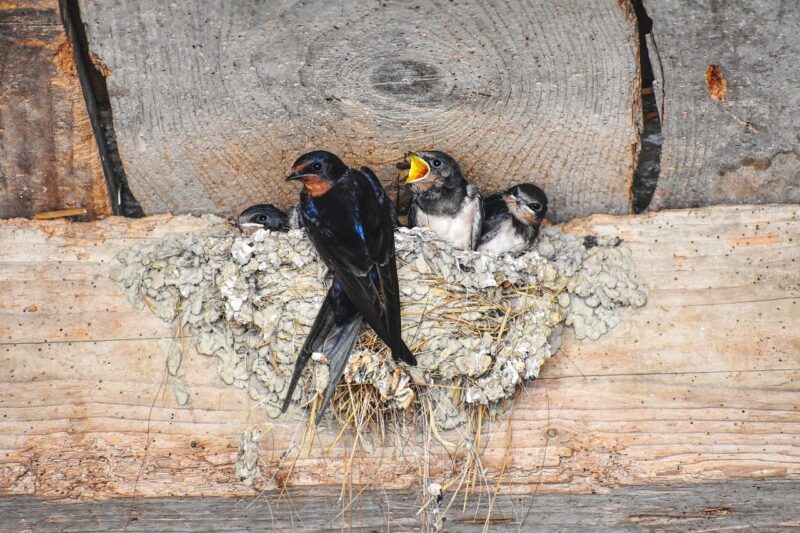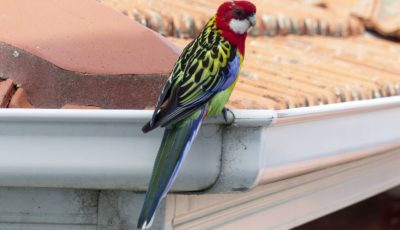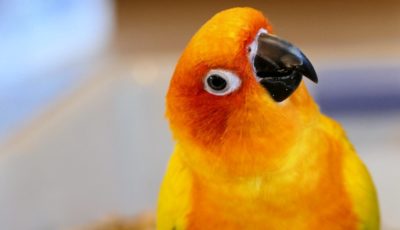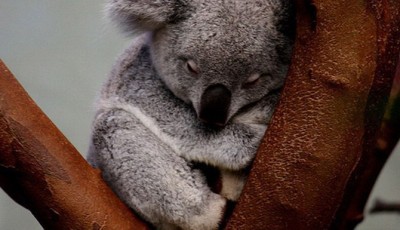Humane Bird Nest Removal: Do’s and Don’ts
Birds, with their fascinating songs and lively plumage, frequently come into our lives, and sometimes even nest on our property. While these nests can seem very interesting and lovely, they can often pose a hazard due to safety concerns.
Bird nest infestation can be a serious concern, especially for commercial premises, because it causes extensive property damage over time. Furthermore, believe it or not, birds carry over 60 different types of germs, which is the reason they are sometimes considered pests. Naturally, it could pose a major health risk and be a serious concern for property maintenance.
However, bird nest removal is not an easy task. The procedure should be compassionate, i.e., carried out responsibly and with care. Birds, like humans, play an important role in our ecosystem. Removing nests, with or without their chicks in them, would pose a significant threat to the creature’s survival if not done correctly. This gradually disrupts the local ecology and, as a result, biodiversity and the environment in general. That is why it is advised to approach the task with great care and, more importantly, professional knowledge and expertise.
In this regard, the objective is to ensure that this removal is done compassionately and with genuine regard for the birds that live in these nests. In this essay, we’ll lead you through the process of humane bird nest removal, while keeping our feathered companions’ safety and wellbeing in mind.
Humane Bird Nest Removal: Do’s
Preventive Measures
As cliche as it may sound, the most effective technique for bird nest removal is to take preventative measures. Birds typically build their nests around a property’s doors, windows, ledges, attic openings, and gutters. They also build their nests in neighboring shrubs. You can also locate their nests on cars, trailers, yachts, and anything else that has lain stagnant for an extended period of time on a property. For them, anything that stands firm and doesn’t move is a good place to build a safe home, and this could be practically anything.
So, how can you prevent them from building a nest on your property or cars? To begin, clean up any waste items lying around. Install gutter guards to secure your gutter system. If there are any bird baths or feeders on your property, move them as far away as possible from the building. So, how can you prevent this from happening? To begin, clean up any garbage or waste in your yard and secure any loose objects. You may prevent birds from building nests in critical exterior parts of your property by installing gutter guards on your gutter system. Relocate any bird feeders or bird baths on the property as far away as possible. This will deter birds from building nests near or on the property. You can also set up perch repellents like plastic owls. This will keep the birds from building a nest in the first place, saving you the trouble of disturbing a nest full of chicks.
Make Sure the Nest is Inactive
When you go about removing a bird’s nest, you must ensure that the nest is inactive, i.e There are no eggs or chicks in it. If you want to remove the nest, it’s best to do so when the birds have already left the nest.
Obviously, the best time to get rid of a bird’s nest is when it is still being constructed. However, it is possible that you will not notice the building until it is occupied. If there are already chicks or eggs present, avoid trying to relocate them. Remember that removing migrating bird nests is illegal, so the best course of action is to wait until after nesting season.
The length of time that various species spend in the nest varies substantially. Songbirds are normally ready to leave after a couple of weeks, while raptors may remain in the nest for up to ten weeks. Knowing what to do and when can be a difficult challenge without knowing the specifics of each species. In that case, it is better to leave the task to a professional.
Check for Eggs
You may occasionally see eggs lying in the nest, but not the parents. This does not suggest that the eggs are no longer viable or abandoned. In reality, many birds postpone incubation, and eggs can survive for as long as two weeks after they are laid. It’s possible that the parent birds have momentarily left the nest to feed themselves or cool the eggs. The bottom line is do not intervene with a nest if you find eggs in it. Frequent human interruptions can cause a nest, as well as the chicks in it, to be abandoned.
Handle it Carefully
Bird nest removal does not imply displacing and destroying the nest. The Migratory Bird Treaty Act safeguards many species by making it illegal to “take, possess, import, export, transport, sell, purchase, barter, or offer for sale, purchase, or barter any migratory bird, or the parts, nests, or eggs of such a bird, except under the terms of a valid permit issued in accordance with Federal regulations.” As a result, when removing a bird nest, ensure that you keep it safe and do not hurt the birds or eggs in any way.
Bird Nest Removal: Don’ts
Avoid Nesting Seasons
Interfering with a nest with eggs or chicks endangers their survival. Birds avoid meddling with people by all means. They will abandon their nest if a human has disturbed it in any manner, even if there are babies or eggs inside. Furthermore, repeated human visits to the nesting site will leave a trail of scent that predators will follow to discover and devour the eggs or hatchlings. Therefore, it is critical to avoid the nesting season for removal.
This, however, goes beyond the possible harm you may cause to the creature alone. The United States safeguards numerous bird species by prohibiting the removal of any nest of some native and endangered bird species that contains eggs, chicks, and adults. So, interfering with bird nests during nesting season may result in a hefty financial penalty.
Never Resort to Unethical or Harmful Means
This may seem apparent, but we cannot stress it enough: Make sure to never destroy a bird’s nest in an unethical or inhumane manner. This could drastically harm your local ecosystem and biodiversity. Also, you could end up in trouble with the authorities, resulting in large fines and/or harsh penalties.
Exercise Precaution
Even abandoned nests may carry germs and lingering bird droppings that can be fatal to humans. This is the reason it is so important to use extreme caution when removing nests. This may increase the cost of bird nest removal, but it is something you must never disregard or forget. When removing a bird nest, always wear a mask and latex gloves. It is also advisable to wear clothes that completely cover your body, e.g., a full-sleeve shirt and long pants.
Along with protective gear and appropriate clothing, make sure to soak the nest with antibacterial spray before you touch it. Remove the nest and dispose of it in a garbage bag or a sealed container. After you dispose of the nest, don’t forget to discard the safety gear, change your clothes, and wash your hands thoroughly.
Final Thoughts
Most people do not associate pest control with birds; yet, bird control falls under the category of wildlife exclusion. Despite how lovely and harmless they look, birds can be damaging to both property and health. However, it might be difficult to decide whether or not removing a bird nest is legal and safe for common people. Even if you can figure that out, you may not know the best methods and techniques to do it the right way. to be on the safe side, it’s best to contact a professional if you have a bird nest on your property that you want removed.
To this end, look for an agency that is approved by the local authorities. This ensures that the people meddling with the nest will have the necessary knowledge and expertise in humane bird nest removal. You may also want to check their reviews to see whether they provide quality service. For instance, if a bird nest removal service company uses field service software, they are far more likely to offer quality customer service and will not miss an appointment. No matter how you decide to do it, just make sure that it is the best course of action not just for you and your property, but for the birds as well.
Author Bio
Joy Gomez: My world is made up of codes. It is the central element that drives my universe. I am a self-taught, process-driven programmer with a creative bent of mind. Since I was an engineering student, I dreamt of creating something unique. To satiate my creative appetite, I took to coding. Blessed with abundant support and generous scholarships from my employers, I simultaneously worked full-time and pursued my dream. My passion and high productivity helped me in my journey as well. Finally, I created Field Promax to follow my drive of coding and streamlining processes; and do more of what I know best—coding.

